Shared Studios - Portals to Better Understanding
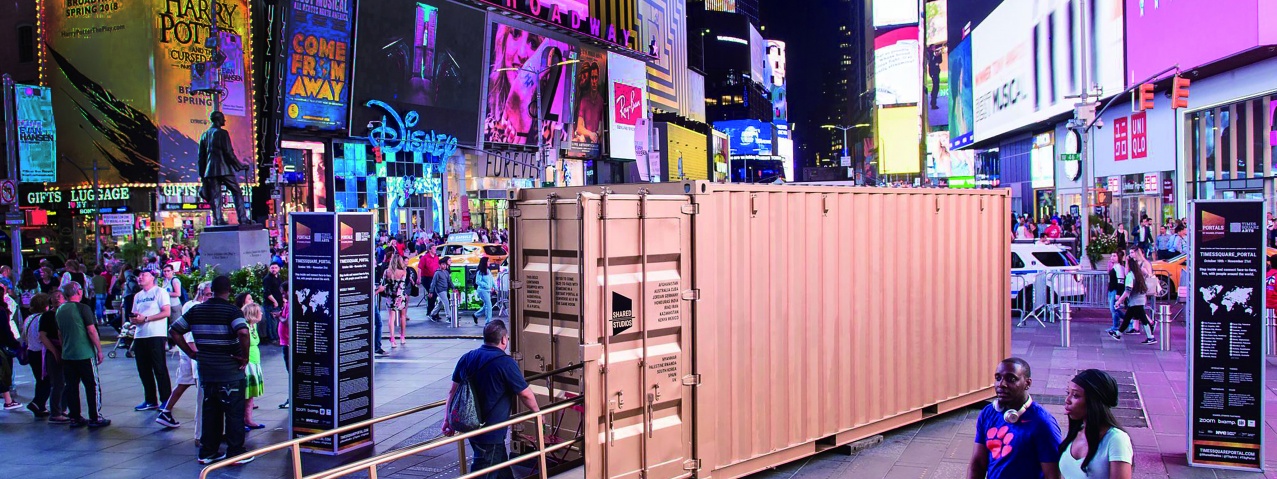
Text by Steve Jarvis Photographs by Shared Studios
Digital devices are a cornucopia of information, but they are also attention vortexes and a suit of armour protecting us from having to engage with nearby strangers. While often decried for its negative effects, one organisation is actively using the power of the internet to create global public spaces. People actively seek out strangers in these spaces, to learn about others, and better understand themselves.
At a tech-hub in Rwanda, an art space in Mexico City, a refugee camp in Iraq, and in New York’s Times Square—gold-coloured shipping containers are popping up in seemingly random places around the globe. While it may sound like science fiction, these containers are actually “Portals” connected via the internet: shared spaces defined by matching interiors, camera positioning and lighting to provide a uniform and immersive audio-visual experience for all who enter. While the people visiting each Portal most likely have never physically met, they are seemingly sharing a common space, as if transported into the same room seeing a full-body sized person before their eyes. |
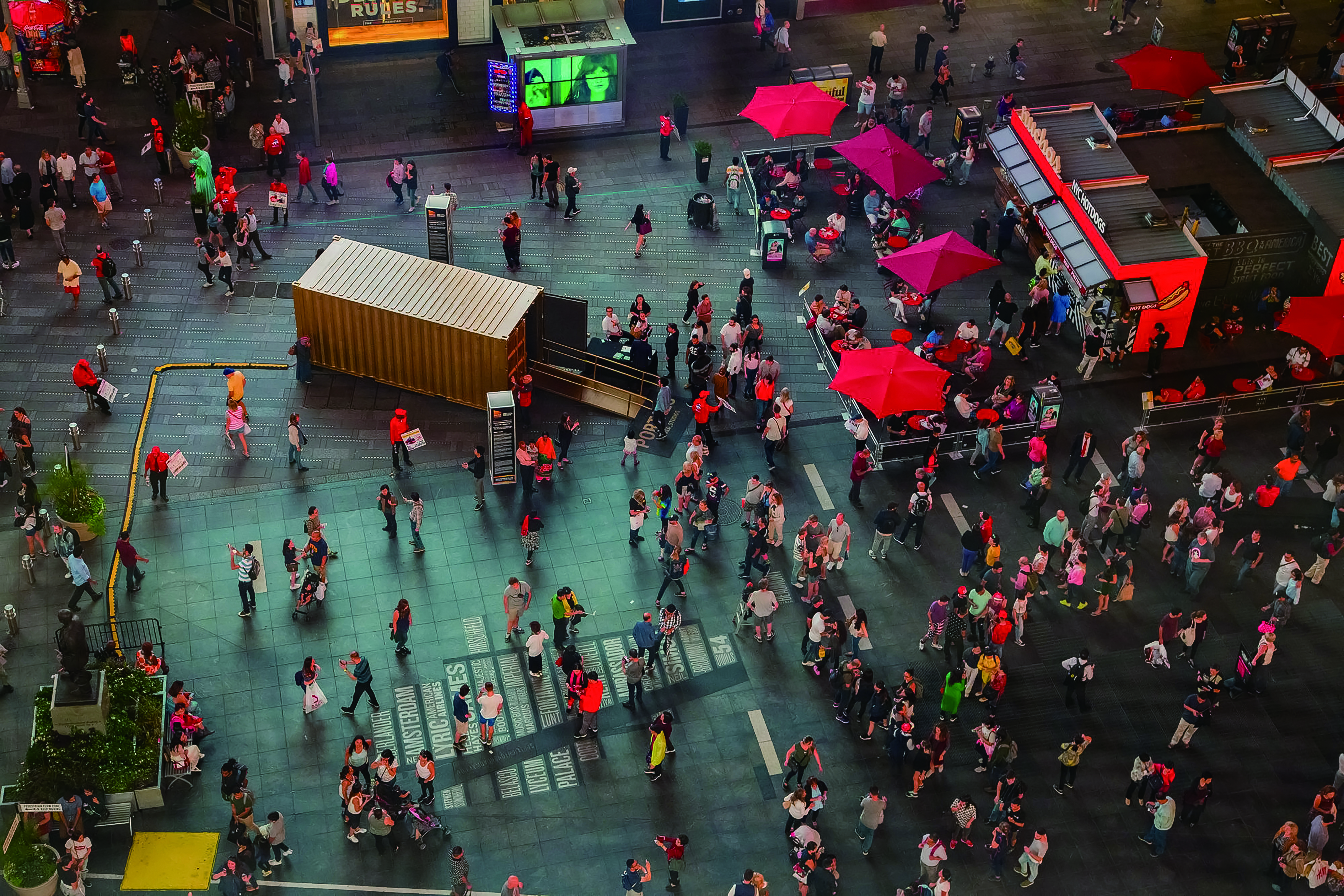
|
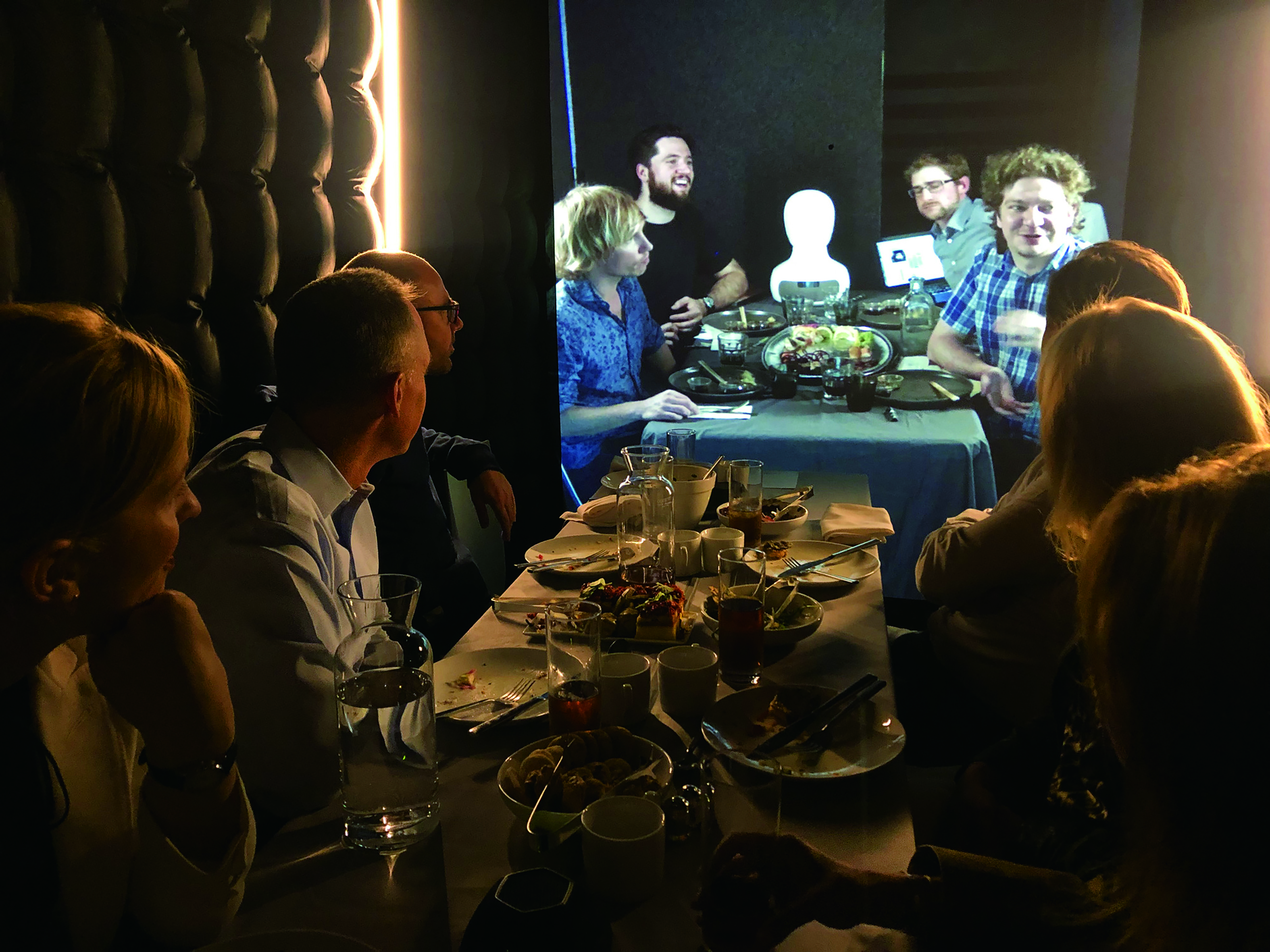
|
These Portals are operated by Shared Studios, a design and art collective orchestrating chance encounters between strangers in “global public spaces.” The brainchild of Amar Bakshi, a journalist turned artist, the goal of Shared Studios is to bring people together in a somewhat random but meaningful way. He elaborates, “We have incredible technology at our fingertips, but we tend to use it to talk to people we already know or to get ever-more grounded in the groups we are already part of. The goal of Portals is to encourage people to embrace the value of diversity, to engage people unlike themselves, both around the world and even at home in their city.” |
Starting in December 2014, the Portals have now expanded to 42 locations in some 21 countries around the world Part of the secret to their success is the simplicity. Bakshi deliberately chose shipping containers for their ubiquity, ruggedness and ability to easily be refitted for conformity. Each Portal is connected via the internet, and is managed by a local concierge; somebody with connections to the surrounding community to generate local visitors and an ability to curate matchings with visitors in other Portals and interpret if necessary. Bakshi contends that “Grounding digital technology in physical shared space, and having community curators makes the meetings meaningful and builds a sense of trust that would be otherwise hard to get over the internet.” |
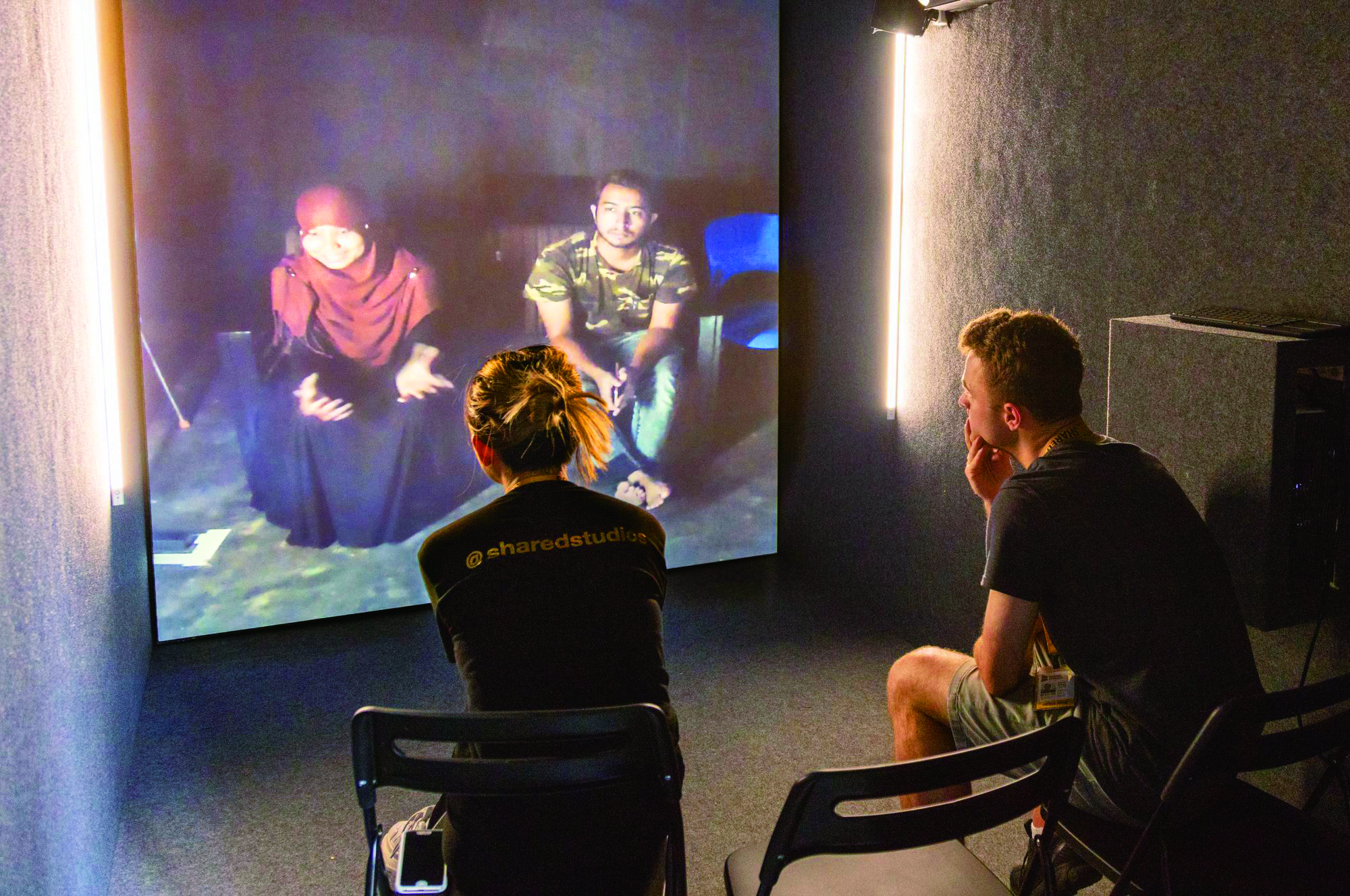
|
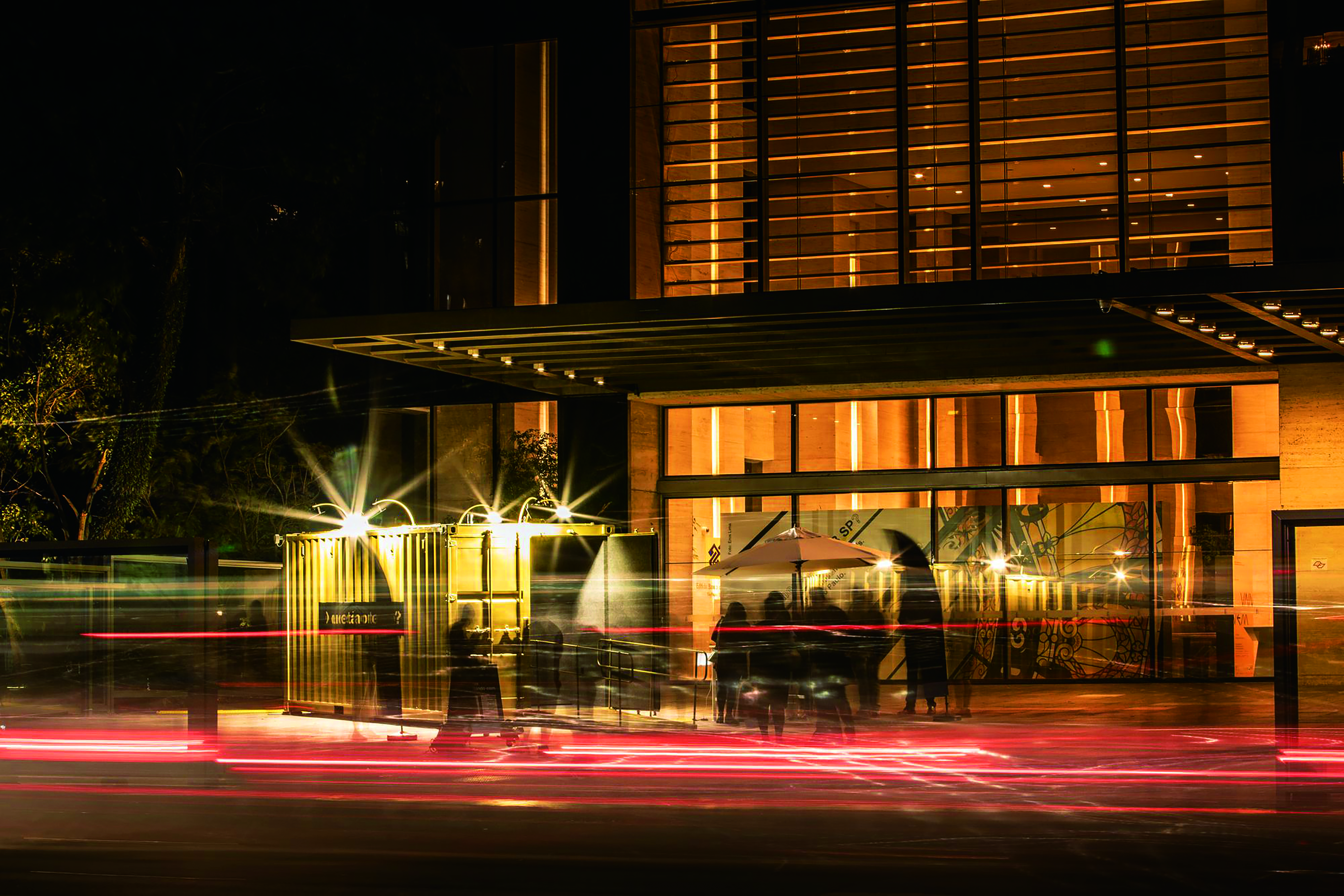
|
In a world where social divides and polarised politics can shake communities and feed animosity between countries, it is more important than ever for people to understand the experience of others. Having the opportunity to go beyond stereotypical images portrayed in the media, and to directly experience a world beyond your horizon, challenges visitors' preconceived notions. As tens of thousands of Portal visitors will attest, discovering someone’s truth helps better understand your truth in their reflected light. It is a powerful force for change. Far from dressed up shipping containers, what Shared Studios has created are Portals for generating compassion, understanding and empathy. |
Others

最新動態 | 1 May 2020
The Simplicity of Wellness Design
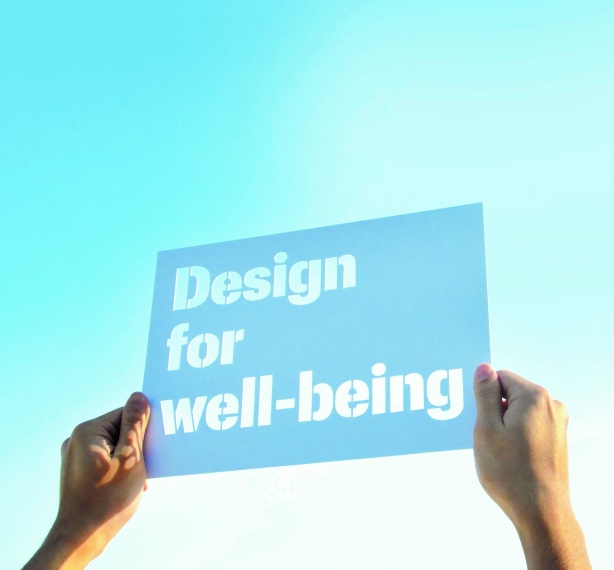
最新動態 | 1 May 2020
Design For Well-Being

最新動態 | 1 May 2020
Fashion Endeavours - 2020 DFA Hong Kong Young Design Talent Awards

最新動態 | 1 May 2020
The Road of My Cyber Physical Hands
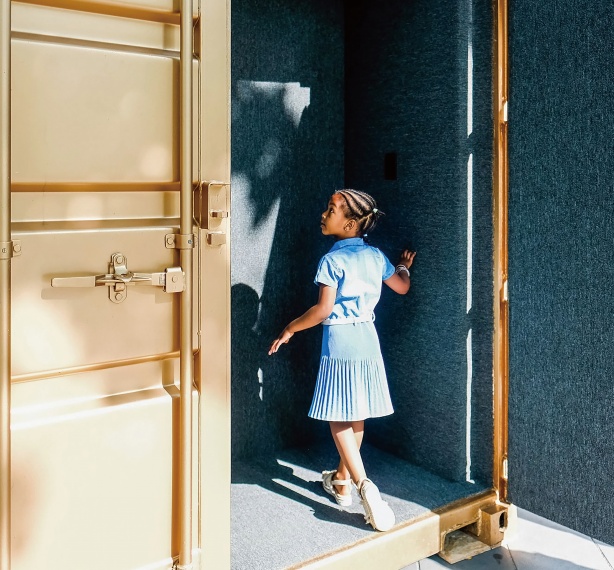
最新動態 | 1 May 2020
Wellness by Design

最新動態 | 1 May 2020
Good Gym - Fit Bodies Make Healthy Communities
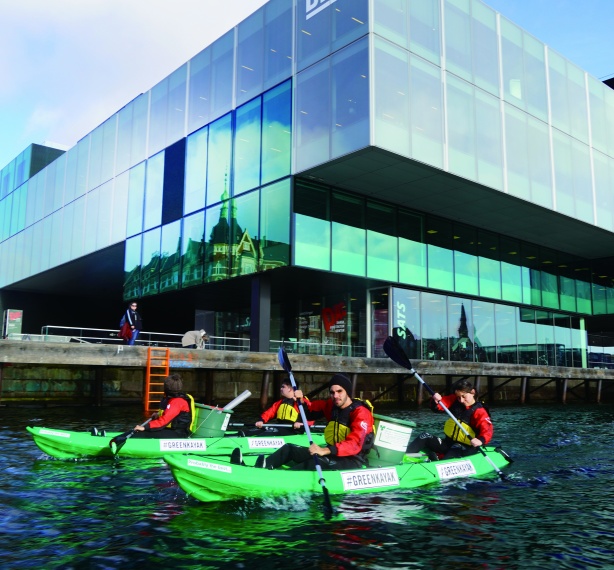
最新動態 | 1 May 2020
GreenKayak - Paddling to a Better Environment
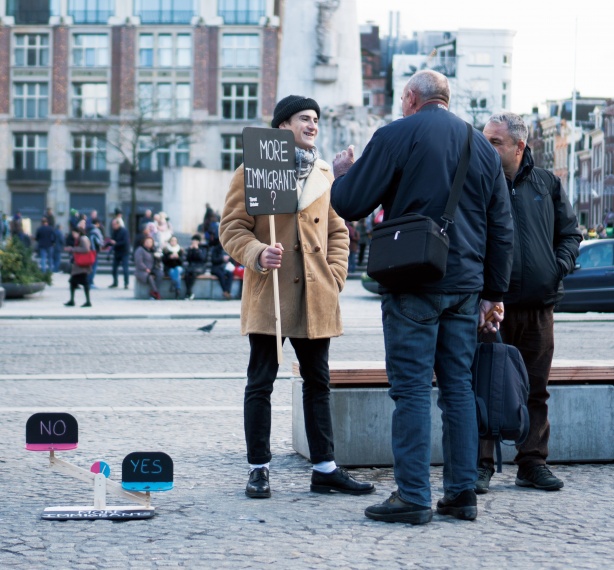
最新動態 | 1 May 2020
Street Debater - Conversations for a Better Society
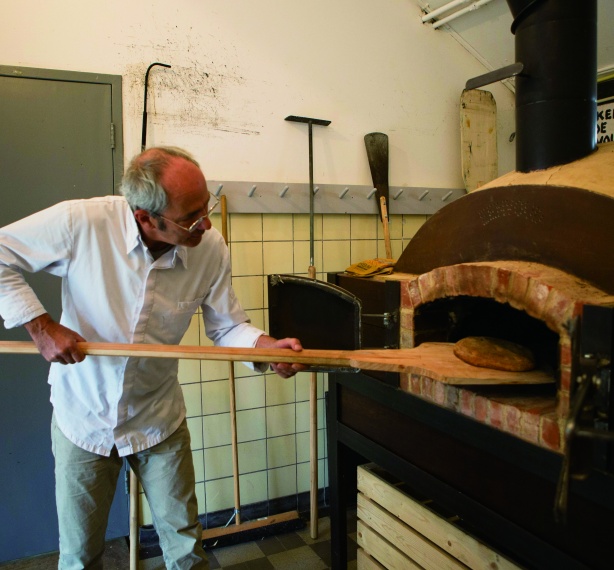
最新動態 | 1 May 2020
Bakery Simplicity - A Recipe for Building Better Communities
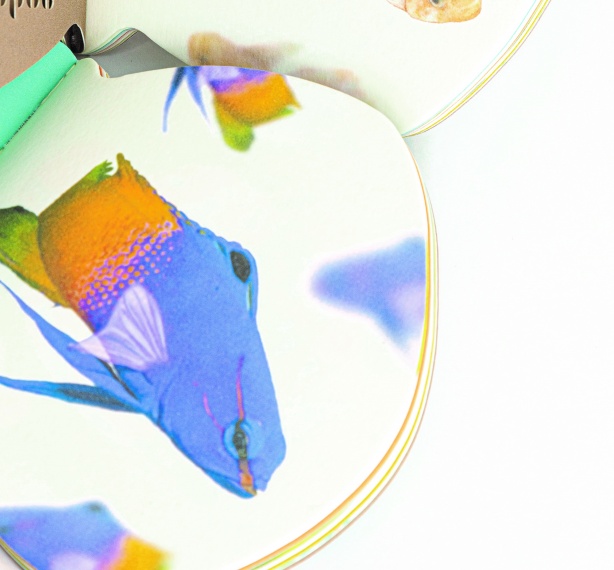
最新動態 | 1 May 2020
Printed Passion - The 31st Hong Kong Print Awards 2020
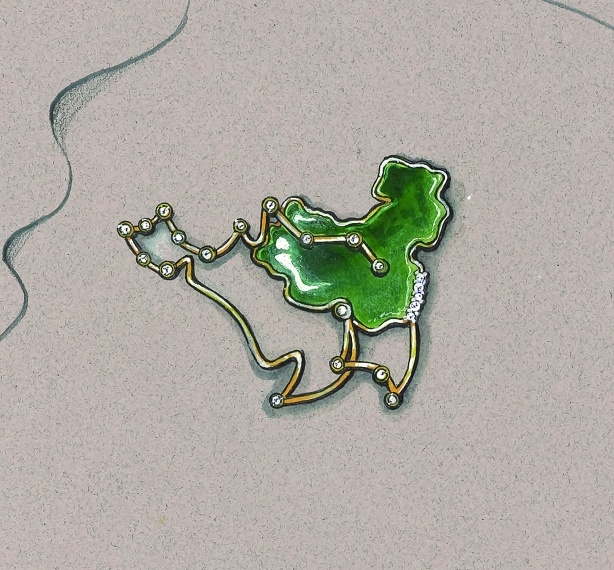
最新動態 | 1 May 2020
Jewellery - Jadeite Connections
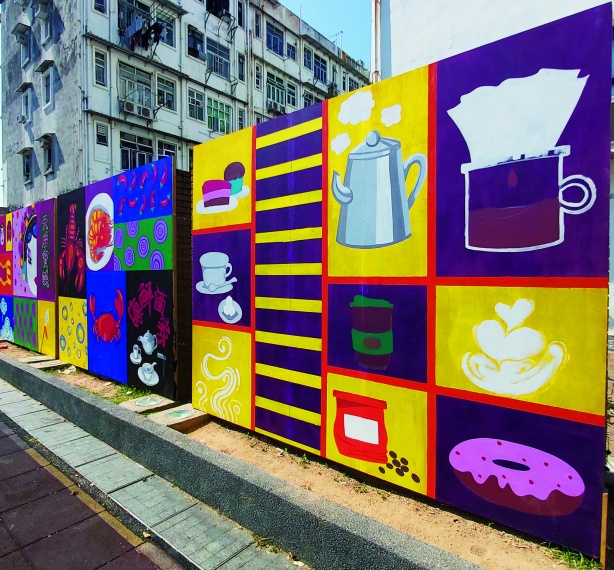
最新動態 | 1 May 2020
Ones to Watch - Dress-up Sai Kung
